
Steep And Staggered Discounts Caused Indie Beauty Sales To Sizzle On Cyber Monday
Indie beauty brands plunged into Cyber Monday with heavy discounting that caused sales to skyrocket, but they faced mounting questions about the impact of slashing prices on consumer purchasing behavior and the health of their businesses long-term.
Across the e-commerce landscape, Cyber Monday smashed records to become the top digital shopping day of all time by hitting $7.9 billion in sales, up nearly 20% from a year ago, according to Adobe Analytics. At emerging beauty companies, many without long histories of involvement in the holiday buying frenzy, sales spikes far outpacing the day’s gain overall were common as customers flocked to discounts often ranging from 30% to 50%.
“It’s been our biggest ever one day in sales online, 81% higher than the previous three years in which we have participated. Our conversion rate was at 10.78%. Shoppers were on a mission to purchase,” says Cindy Lüken, CEO and founder of Lük Beautifood. The brand, a Black Friday holdout, offered six of its signature Lip Nourish products at half price on Cyber Monday.
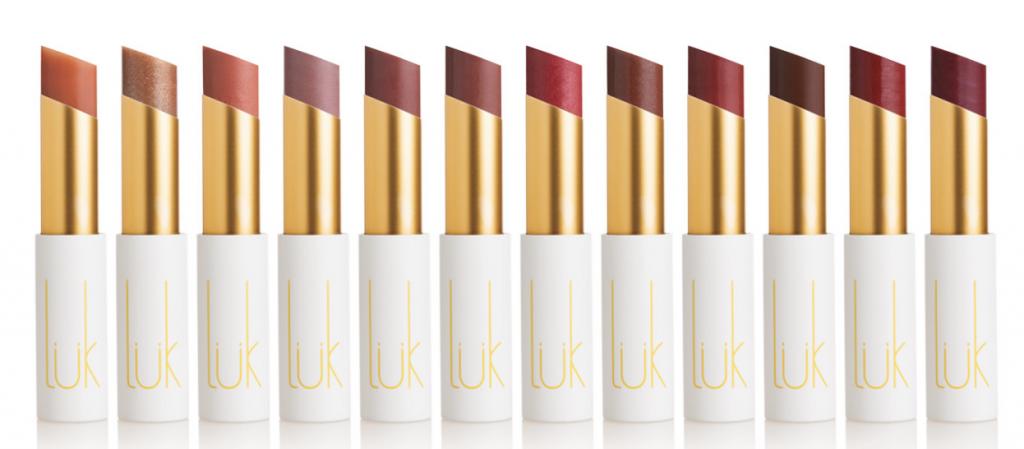
TO112’s Black Friday and Cyber Monday sale featured 50% off its haircare and styling products, and the busy holiday shopping period from Thursday to Monday was its most successful in three years. Fiona Pincente, director of sales and marketing, believes the brand’s simple, compelling offer cut through the clutter during the rush of price reductions.
“Consumers are looking for the best deals they can find, not just any deal. So, we save the largest sale specifically for BFCM,” she says. “We know we are giving our consumers the best deal on the things they want most, at a price they won’t see again for a year. This creates a lot of excitement around the brand by making previous shoppers an offer they can’t refuse and giving new subscribers who maybe haven’t yet purchased an incentive to try us out.”
“The request for deep discounts can be really tough, especially for smaller indie brands who don’t factor in discounts as part of their business model.”
Dirty Lamb founder Lam Abbas figures discounts of 35% and above were the most effective Cyber Monday product movers. The Coffee Scrub maker delivered a 40% Cyber Monday deal, and its sales surged some 225%. Basd offered 40% off holiday packs and 30% off any two full-size items, but founder Ashley Meston speculates that proffering steeper and steeper discounts could be damaging to small beauty firms. Last year, the brand sold bundle packs at 20% off on Cyber Monday.
“The request for deep discounts can be really tough, especially for smaller indie brands who don’t factor in discounts as part of their business model,” says Meston, noting Basd’s Cyber Monday sales beat expectations. “For us, we debated what made sense for our brand and, at the end of the day, we decided to participate in Cyber Monday as we viewed it as a trial opportunity for new consumers and a thank you for our current consumers.”
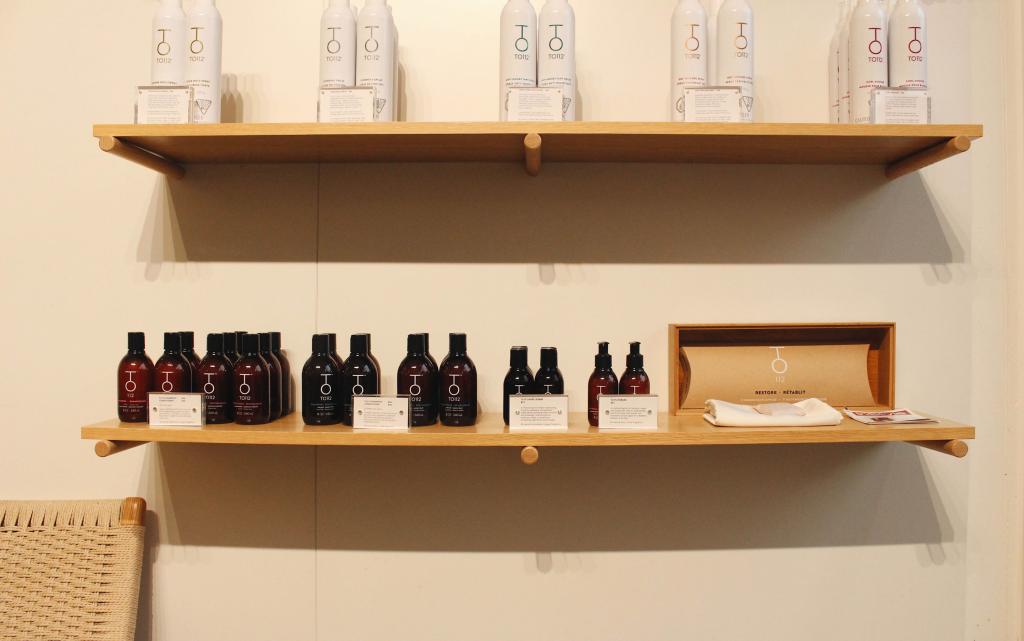
Brands bumped up their discounts for Cyber Monday from the prior shopping days and frequently extended Cyber Monday deals passed Monday. Essential oil body-care brand Way of Will’s 40% off Cyber Monday special, for example, ran through Tuesday. “We left the window open for one more day on the 27th in case any stragglers were late on opening emails regarding the deals,” explains Willie Tsang, founder and CEO.
Way of Will tripled its Cyber Monday sales from last year. Email marketing played a huge role, and the brand dispatched an email once a day or every other day over the Black Friday and Cyber Monday stretch to stoke sales. The emails regularly generated $1,500 to $2,000 in revenues. Tsang says, “Sending out emails at the right time and estimating the right amount of emails to send out so as to not bombard potential shoppers is key.”
“During our flash sale, 80%-plus of the customers bought two or more items with several orders over $100, which proves cash is not necessarily a constraint, value is the driver.”
Similar to Way of Will, grooming brand The Bearded Savant relied on emails, but coupled email campaigns with local marketing spend in its Austin, Tex., hometown, a shift from a national strategy in the past, and a concentration on Small Business Saturday over Cyber Monday. Its sales on Cyber Monday soared 150% to 175%, although Small Business Saturday sales registered an even greater jump. The brand offered 10% off website purchases made on Cyber Monday.
“We find competing with the likes of Amazon, etc., on Cyber Monday is difficult for a growing, but relatively small independent men’s grooming business such as ours,” says The Bearded Savant founder Peter Polito. “We hypothesize that people want good deal on a common product on Cyber Monday, but are seeking something unique and more personal on Small Business Saturday, which is what we specialize in.”
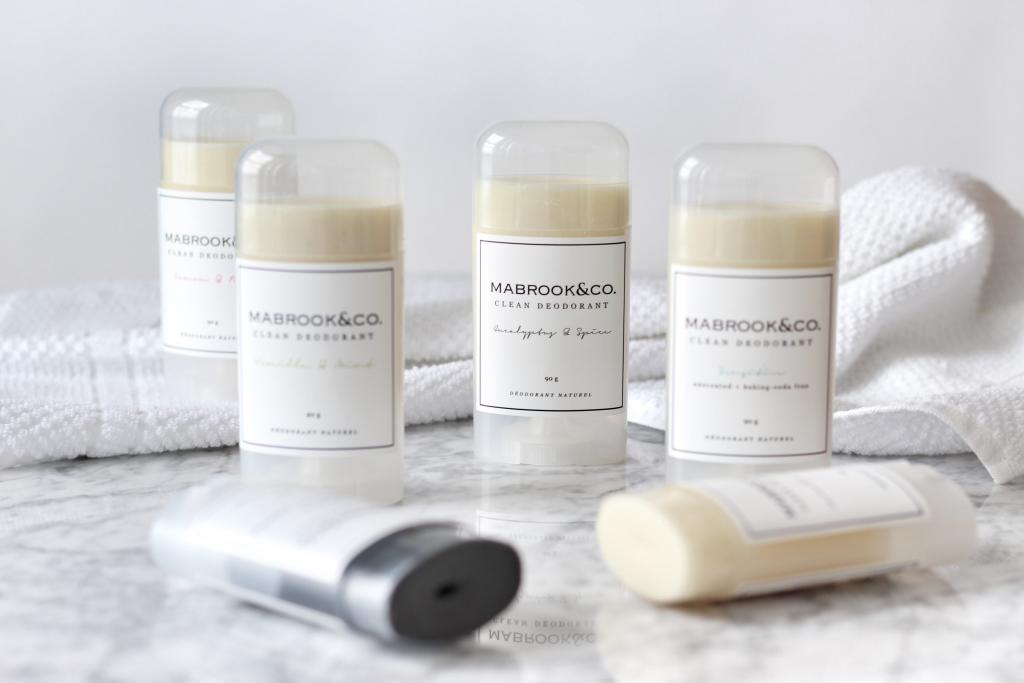
The millennial-oriented skincare startup No B.S. tested a 30-minute flash sale of 50% off its products site-wide at 2 p.m. EST on Cyber Monday. The test was fruitful. It sold 20 times more than it does on a typical Monday. Launched earlier this year, No B.S. wasn’t part of the Cyber Monday fray last year.
“Regardless of their spending power, they are looking for the best value, not necessarily cheap or low ticket item but instead high quality products at a reasonable price,” says Diana Briceno, CEO of Volta Digital Brands-owned No B.S., of millennial shoppers. “During our flash sale, 80%-plus of the customers bought two or more items with several orders over $100, which proves cash is not necessarily a constraint, value is the driver.”
“I do wonder whether offering the additional 10% off on Cyber Monday this year irritated those customers who completed their purchase on Friday/Saturday/Sunday.”
Mabrook & Co. shared a Cyber Monday code with its e-mail insiders and social media followers that gave an additional 10% off of the 25% discount it had been running on most of its products on Black Friday and through the weekend. The code was also found on its website.
“Cyber Monday sales alone were double what they were last year. In 2017, we offered up to 40% off site-wide and a free gift with purchase (a travel sized clean deodorant). We did not offer a special deal on Cyber Monday,” details Aliya Dhalla, founder of Mabrook & Co. “This year, offering the additional 10% off the sale prices helped push those that were on the cusp or those procrastinating complete their purchase.”
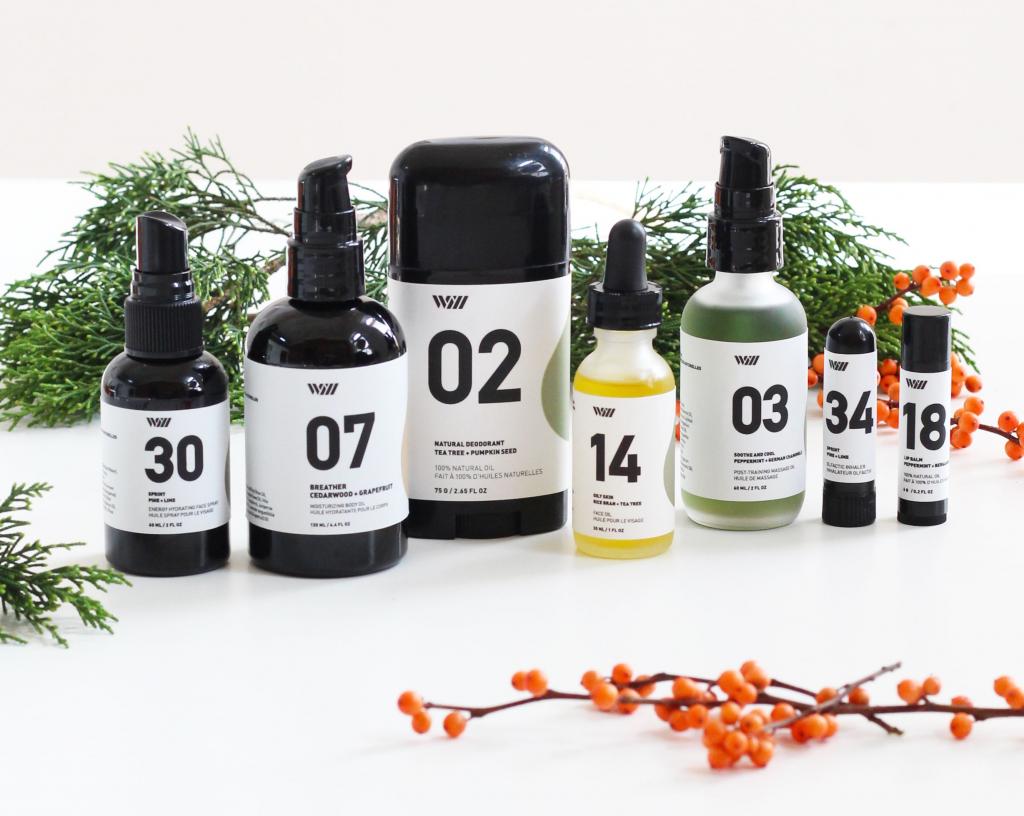
Dhalla is convinced of the benefit of a Cyber Monday deal that’s distinct from a Black Friday offer. For next year, she’s considering a buy one, get one free deal for Cyber Monday to further distinguish the day’s offer from Black Friday’s promotion. However, Dhalla acknowledges there are potential pitfalls to rolling out different offers on the various shopping days. She says, “I do wonder whether offering the additional 10% off on Cyber Monday this year irritated those customers who completed their purchase on Friday/Saturday/Sunday.”
Meston argues the strategies of pulsating out a multiplicity offers and extending sales passed Cyber Monday are risky. “There is the chance of buyer fatigue, especially if you don’t have something new to say, plus could [it] cause unnecessary frustration if deals are changing. No one wants to feel like they just missed out on something,” she asserts. “Cyber Monday can be a really quick and easy way to capture sales, but the brand can’t lose sight of what’s most important, their consumers.”
“We hypothesize that people want a good deal on a common product on Cyber Monday, but are seeking something unique and more personal on Small Business Saturday, which is what we specialize in.”
Most beauty entrepreneurs expect Cyber Monday to continue to capture enormous attention from holiday shoppers, particularly millennials and members of gen Z. In a recent survey, payment solutions company Splitit discovered Cyber Monday is millennials’ favorite retail holiday. Cyber Monday marked Amazon’s single largest shopping day in item volume.
“It’s a must to partake, but be careful how you communicate: be creative, be thoughtful, don’t be rude or in-your-face as so many brands are competing for brand attention in a small window. My inbox was full,” says Lüken. “You need to be careful about what your online offers are for the season as brands can be in danger of being purchased only when there is an offer.”
KEY TAKEAWAYS
- Indie beauty brands participated in the Cyber Monday flurry by rolling out discounts primarily ranging from 30% to 50%. The deep discount strategy paid off with sales surging 50% or more for many brands.
- Substantial price reductions are effective at propelling revenues, but can be troublesome for the bottom line. If consumers stick to purchasing on Cyber Monday for the discounts, the long-term prospects for brands’ businesses are weakened.
- Extending deals passed Cyber Monday and unveiling different deals during the digital shopping day were common practices. The extensions and deal fluctuations are designed to spur interest, but risk fatiguing customers and distressing those who’ve missed out on a better deal by purchasing before it’s doled out.
- Social media spending didn’t appear to be a particularly significant factor in generating indie beauty brands’ Cyber Monday sales. Brands relied on well-timed e-mail campaigns to intrigue customers.
Feature image credit: Lük Beautifood


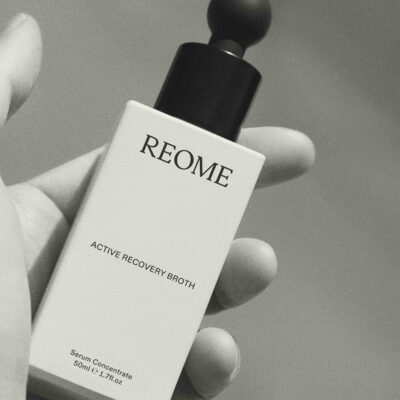
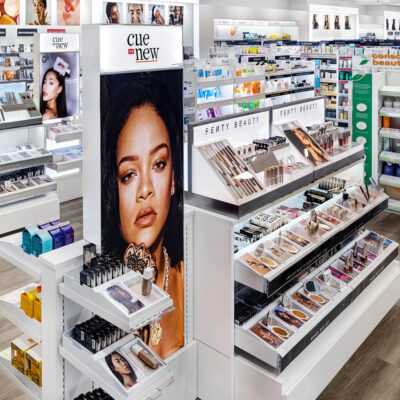
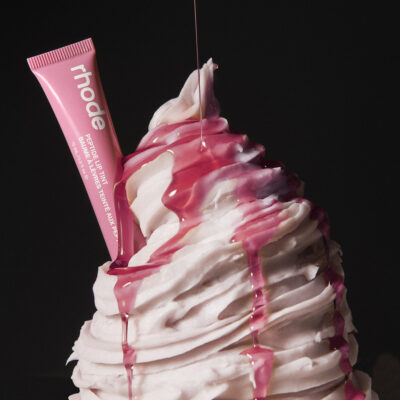
Leave a Reply
You must be logged in to post a comment.